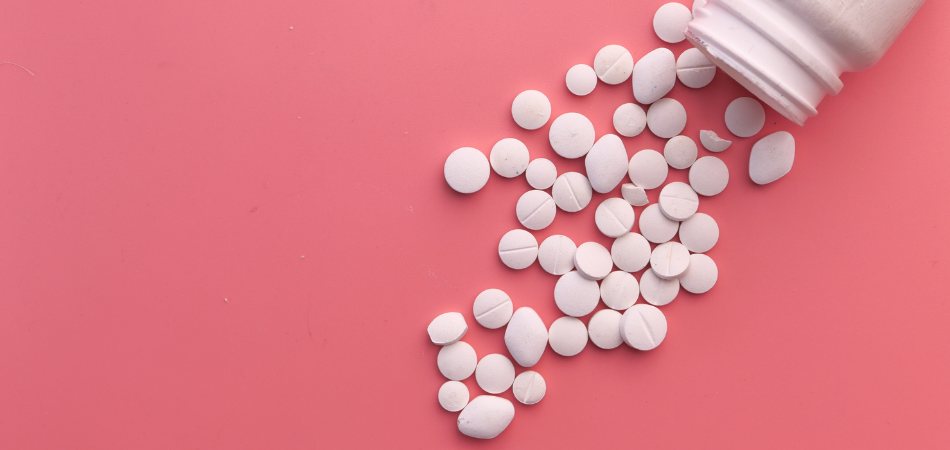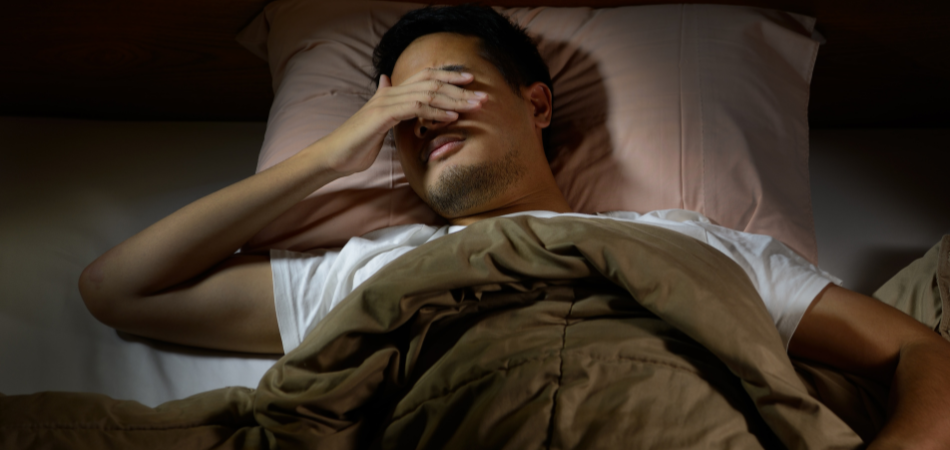
Written by:

Medically Reviewed by:
This Page was last reviewed and changed on February 14th, 2025
GBL addiction
What is GBL?
GBL (gamma-butyrolactone) is a chemical solvent commonly found in products like paint strippers, nail polish removers and industrial cleaners. While its primary use is industrial, GBL is sometimes misused due to its ability to produce sedative effects. Once ingested, the body quickly converts GBL into GHB (gamma-hydroxybutyrate), a substance known for its euphoric and calming properties. GHB carries significant risks, including dangerous side effects.
Is GBL addictive?
GBL is addictive because it rapidly converts into GHB in the body, a substance that impacts brain chemistry by stimulating feelings of euphoria, relaxation and even sedation. The addictive potential comes from the body’s quick adaptation to these effects, leading people to crave the sense of relief or escape they initially sought from GBL.
People are often drawn to GBL for its ability to lower inhibitions and increase pleasure, which is why it’s commonly used in clubbing and party scenes. In these environments, GBL enhances the mood, heightening the experience with a euphoric and relaxed state, making it easier to socialise and dance for longer periods. However, frequent use can lead to dependency, as the body begins to expect the substance to achieve the same pleasurable results.
GBL is also widely associated with ‘chem sex,’ a practice where drugs are used to intensify sexual experiences. In the chem sex scene, GHB is favoured for its ability to lower inhibitions, increase feelings of intimacy and extend sexual endurance. The disinhibiting effects of GHB make it appealing, particularly in these high-intensity sexual settings where participants seek deeper physical and emotional connections.
However, the combination of prolonged use in these environments and the addictive properties of GHB often leads to a cycle of repeated use, where people feel reliant on the drug to enjoy similar experiences.
This frequent pattern of use in such scenes highlights the risk of addiction, where initial desires for pleasure can quickly transform into a dependency that becomes difficult to break.
What are the signs of GBL addiction?
Recognising the signs of GBL addiction early can make a significant difference in preventing or identifying a growing dependency. As GBL transforms into GHB in the body, the effects can creep up on users, sometimes leaving them unaware of how reliant they’ve become on the substance. Understanding what to look for can help both users and their loved ones take steps toward seeking help before the addiction deepens.
Physical signs
- Sudden, unexplained fatigue or drowsiness
- Frequent episodes of nausea or vomiting
- Muscle weakness or lack of coordination
- Slurred speech or difficulty concentrating
- Tremors or shaking when not using the drug
- Sweating, chills or other withdrawal-like symptoms after stopping use
Psychological signs
- Increased anxiety, particularly when the drug isn’t available
- Strong cravings or thoughts constantly revolving around the next dose
- Mood swings, including irritability or depression, when not using
- Impulsivity or risk-taking behaviour driven by the need for GBL
- Memory lapses or blackouts, especially related to periods of heavy use
Behavioural signs
- Prioritising GBL use over responsibilities, hobbies or relationships
- Neglecting personal hygiene or other self-care routines
- Engaging in risky activities (e.g., clubbing or chem sex) more frequently to accommodate drug use
- Hiding the extent of drug use from others, including friends or family
- Finding ways to justify the need for continued use, even when it’s clearly affecting life negatively
Spotting any combination of these early can be a critical step in addressing a growing problem with GBL.
Do I have a GBL addiction?
It’s important to take a moment to check in with yourself if you’ve been using GBL regularly. Addiction can sneak up on anyone, often without realising just how much control the substance has over daily life. One way to assess your relationship with GBL is to answer the following questions honestly:
- Do you find yourself needing to use GBL more frequently or in larger amounts to feel the same effects?
- Have you tried to stop using GBL but found it difficult or impossible to do so?
- Do you experience anxiety, irritability or physical symptoms like sweating and shaking when you haven’t used GBL for a while?
- Have you ever neglected responsibilities at work, school or home because of your GBL use?
- Do you prioritise using GBL over spending time with friends or family or engaging in activities you used to enjoy?
- Have you continued to use GBL despite knowing that it’s negatively affecting your health, relationships or overall well-being?
If you answered ‘yes’ to one or more of these questions, it might be time to seek professional rehab help.
Where can I get help for a GBL addiction?
If you’re struggling with GBL addiction, it’s completely understandable to feel lost or overwhelmed right now. You may be wondering where to turn or how you’ll ever get your life back on track. But help is available, and Liberty House offers a specialised GBL rehab programme designed to support you through this difficult time.
Our programme begins with a medically monitored detox, ensuring you’re in a safe environment while your body clears the substance. This stage can be challenging, but we provide around-the-clock care to manage withdrawal symptoms and keep you as comfortable as possible.
Once detox is complete, our therapy phase combines traditional approaches, such as 1-on-1 counselling and group therapy, with holistic therapies like yoga and art therapy. This combination helps address both the psychological and physical aspects of addiction, giving you the tools you need to rebuild a balanced life.
Finally, we put a comprehensive aftercare system in place, offering ongoing support as you transition back into everyday life. This safety net is essential in helping you maintain sobriety and stay on track as you navigate your new chapter.
What’s next?
If you or someone you love is battling GBL addiction, don’t wait to get help. Liberty House offers specialised care to guide you through every stage of recovery, from detox to aftercare. Reach out today to take that vital first step toward healing and reclaiming control of your life. We’re here for you.
Frequently asked questions
(Click here to see works cited)
- “Primer: GHB, a Club Drug.” University of Rochester Medical Center, www.urmc.rochester.edu/encyclopedia/content.aspx?contenttypeid=1&contentid=2761. Accessed 14 Oct. 2024.
- “Chemsex.” NHS Choices, NHS, www.sexualhealthsheffield.nhs.uk/info-and-advice/chemsex/drugs-associated-with-chemsex. Accessed 14 Oct. 2024.







